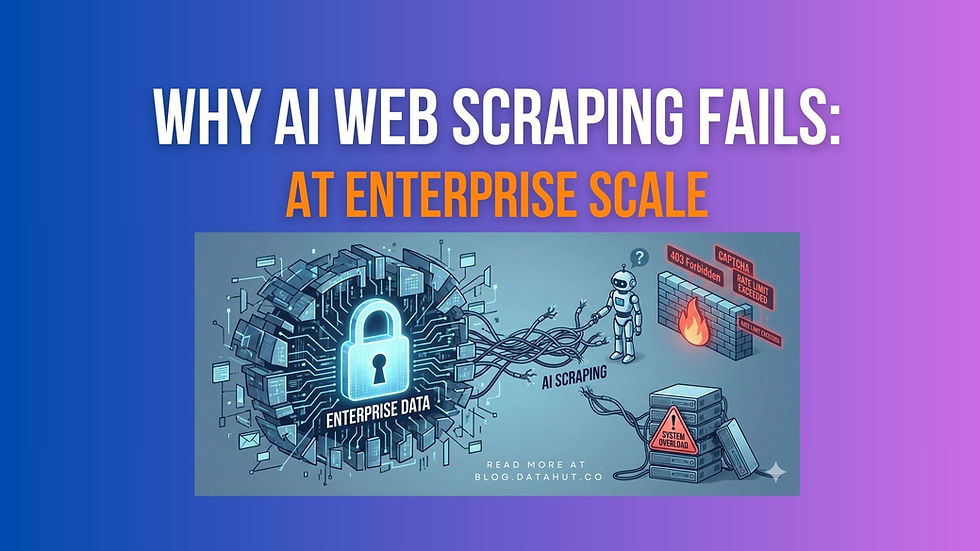Job scraping – How HR Industry Leverages Web Scraping for Better Hires
- Bhagyeshwari Chauhan

- Sep 10, 2015
- 2 min read
Updated: Feb 12, 2021
The HR industry is undergoing big transformations. The core problem it solves, recruitment process still remains a problem. It is always difficult find quality people that is a perfect fit for
the job. The advancements in technology figured out ways to solve this problem. Web scraping most certainly is one of the technologies that HR industry can rely upon.
A lot of job portals emerged in the market and these sites wanted to facilitate the hiring process or were part of the value-added services provided by traditional HR systems. There are more than 30,000 large and small job Web sites in the USA alone. This created a massive decentralisation where data is scattered across different sources and it misses potential candidates.
In the old school way, a lot of manual work and expense involved, in centralising this data.
Companies across the globe are wasting millions if not billions of dollars every year.
What if there is a better way to solve this problem?
The centralisation of data can be done using web scraping. Web scraping turns unstructured data in the web pages to a structured and user-friendly format. A lot of tasks that are done manually can be avoided and it can give you a better and efficient recruitment system.
The advantages of using Web scraping – in a nutshell:
1) Web scraping can automate most of the manual work and save a lot of time and money. 2) Job portals update their data quite often. If there is a change, the data you have will be obsolete,
a web scraper can be made to auto detect changes and make sure you have the most accurate data. 3) Web scraping eliminates the cost of having a dedicated team to do the manual job, the data will be fresh and accurate.
In short, you do what you do best and web scraping can help you with actionable data.
Thanks for reading this blog post. Datahut offers affordable data extraction services (DaaS).
If you need help with your web scraping projects, let us know and we will be glad to help.


